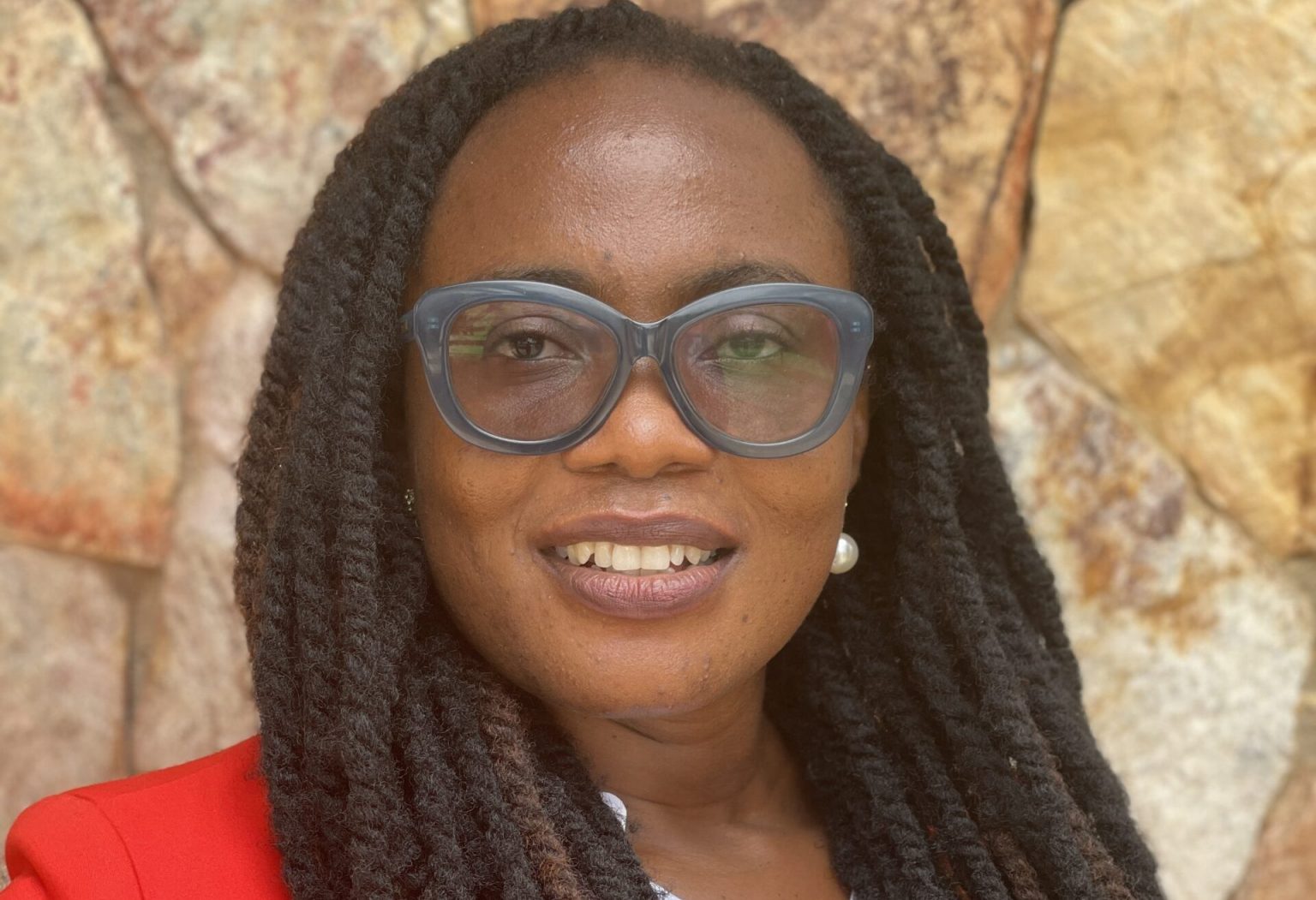In the event that President Nana Addo Dankwa Akufo-Addo signs the anti-LGBTQ+ Bill, gender activist and research fellow Dr. Amanda Odoi of the Centre for Gender Research, Advocacy, and Documentation (CEGRAD) has threatened legal action.
She initially ran into a barrier in her attempts to stop the bill’s passage.
Alexander Afenyo-Markin, the majority leader in parliament, had said that President Akufo-Addo had not yet received the bill.
Dr. Odoi promised to keep going until the President scraps any plans to sign the Human Sexual Rights and Family Values Bill, popularly known as the anti-gay bill, in an interview with Bernard Avle on The Point of View on Citi TV.
“The first attempt was to have an injunction on the process, but then, the substantive case is still in court, and we are on it, it has not been scrapped totally. And yes, beyond that, I still intend to go to court if the President decides to assent to the bill. It’s something I want to push a bit further, but then that will be a different case from the interpretation of the bill. This will also be a different case altogether.”
She expressed concern about the implications of some provisions of the bill, characterizing them as “very subjective and vague.”
Dr. Odoi questioned the justification for the imprisonment of people who are thought to be gay.
She also drew attention to inconsistencies in some of the bill’s anti-queer provisions, pointing out that while sex toys are acceptable in heterosexual relationships, they are not in homosexual ones.

“The provisions in the bill are very subjective, vague and have implications. For example, the struggles we are having versus what is actually in the bill. The argument out there is that we don’t like queer practices, some people say we don’t care what they do in their bedrooms, but what is outside. What is outside is criminalizing people who say the same thing. Let it be there, but don’t let us pass laws to criminalize what they do in their bedrooms, and you are saying that when people say this, the person is an ally and can be jailed for it. That is a problem.”
“There are provisions that say that using sex toys in heterosexual relationships is acceptable, but using sex toys in homosexual relationships is illegal,” she underlined. It is imperative that we take note of these conflicting and potentially hazardous positions.
She argued that people shouldn’t be punished for the decisions they make, pointing out that many Ghanaian men marry their spouses for a variety of reasons.
“When we are making choices of partners, it’s based on the best opportunities available to us, some of the men in Ghana will not be married to the kind of women they are married to if not for the kind of economic standing or certain characteristics they bring to the relationships. So, if a queer person chooses to be in a relationship with somebody for the benefits the person offers, why should the person be criminalized because of that? Heterosexual relationships are negotiated along the line.”
Background
The bill that criminalizes LGBTQ+ activities, including funding, advocacy, and promotion, was passed on Wednesday, February 28, 2024.
Those found guilty could spend anywhere from six months to three years in prison, while those who encouraged and sponsored the act might spend three to five years behind bars.
Several parties have expressed disapproval of the Bill’s passing, including Virginia Evelyn Palmer, the US ambassador to Ghana.















